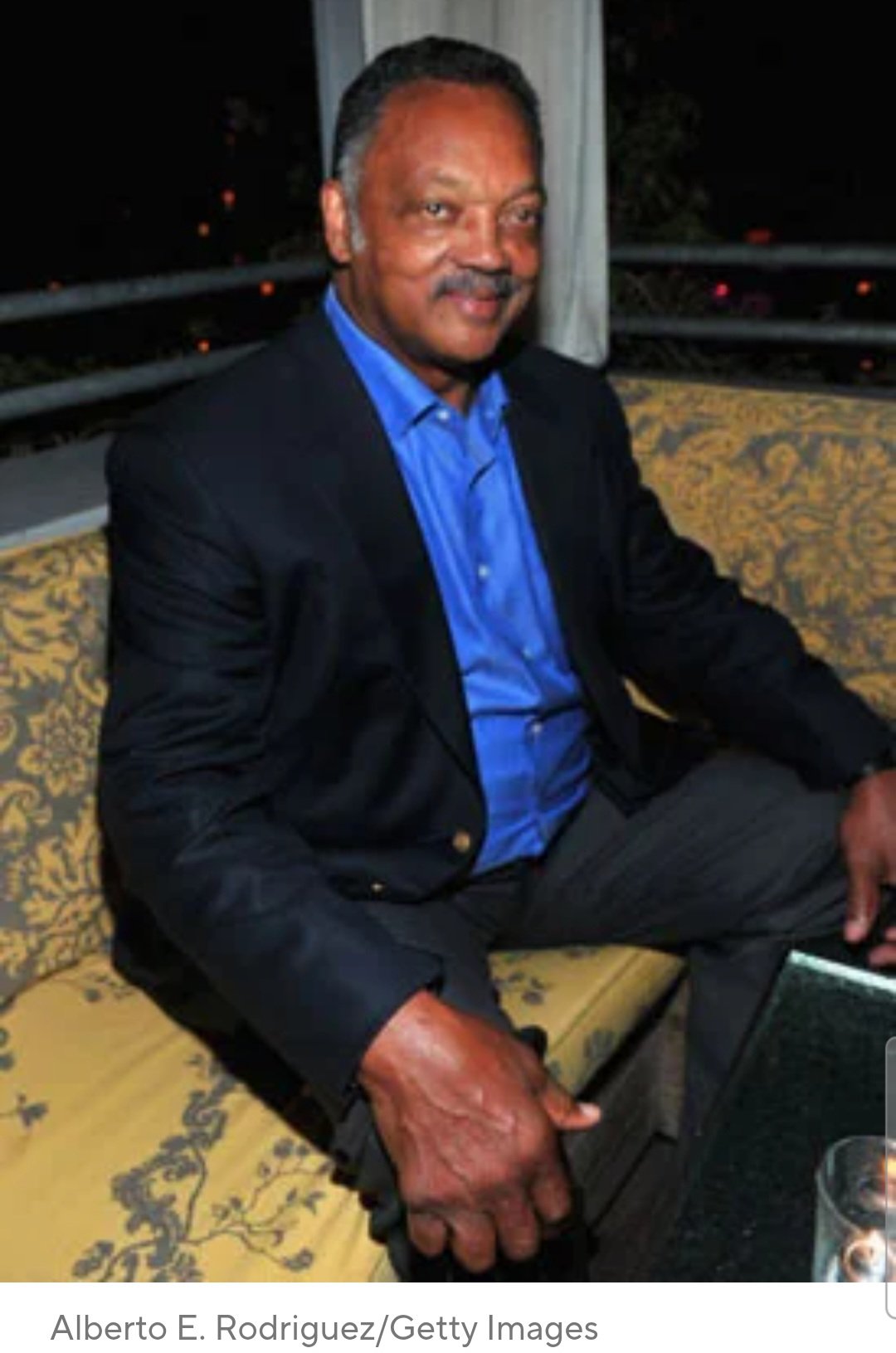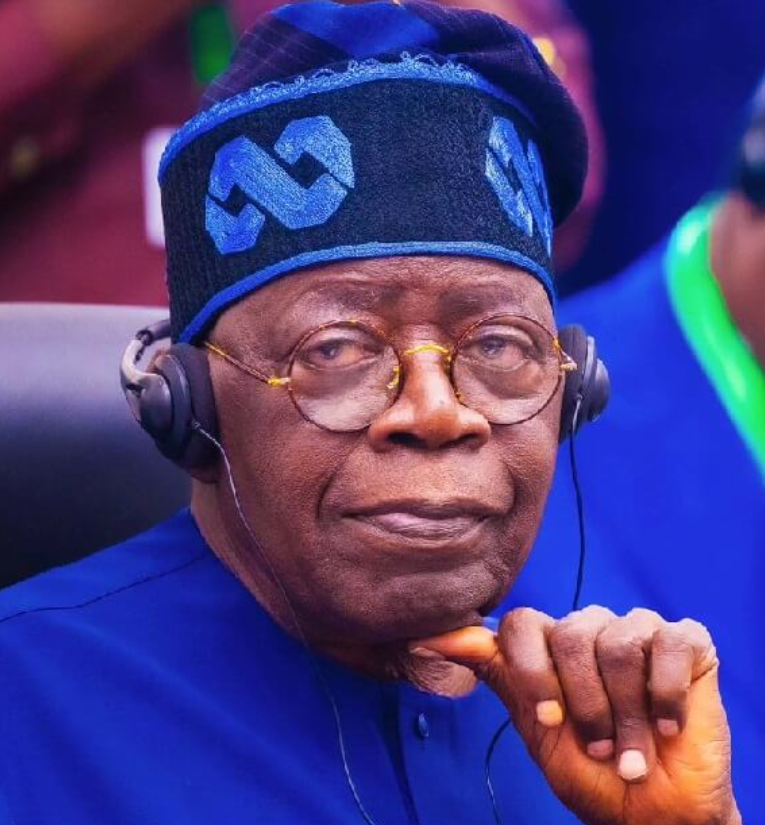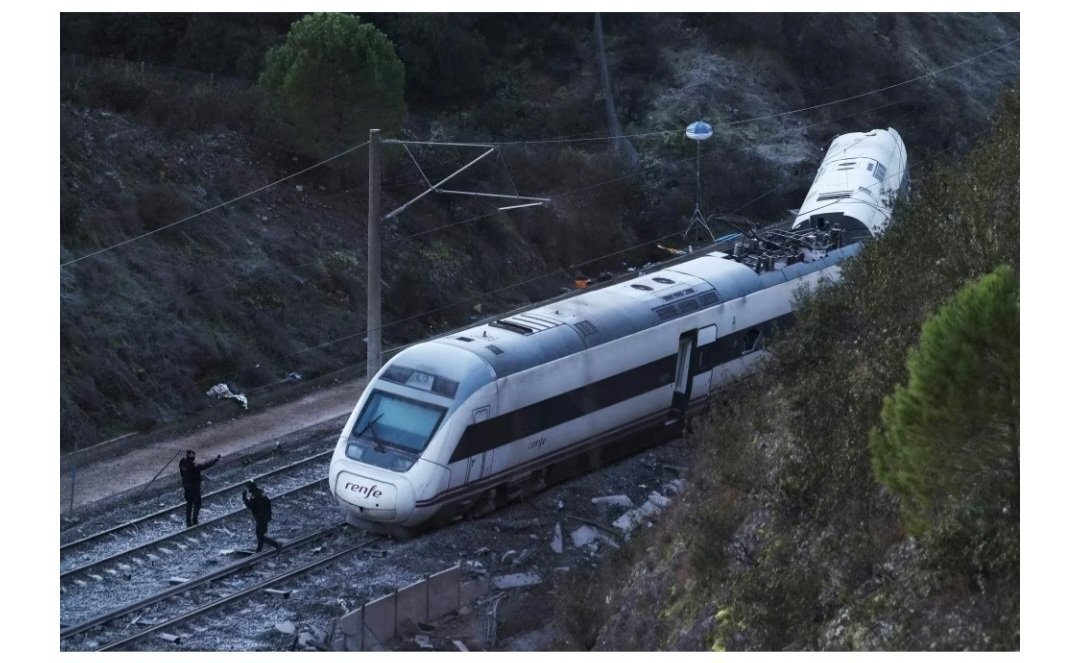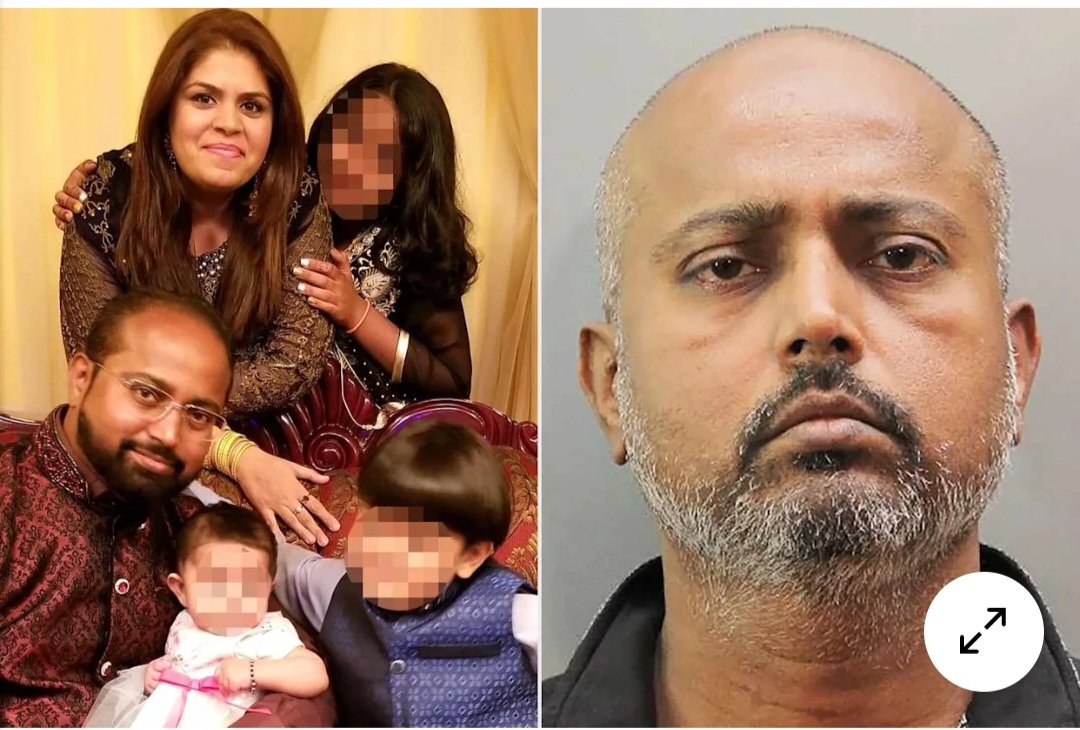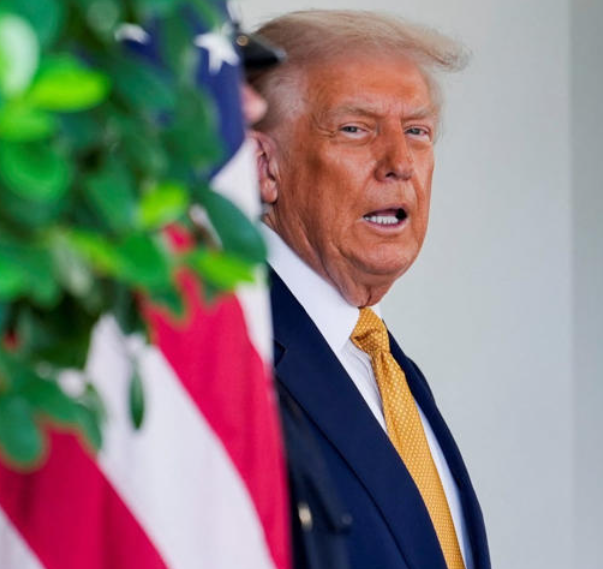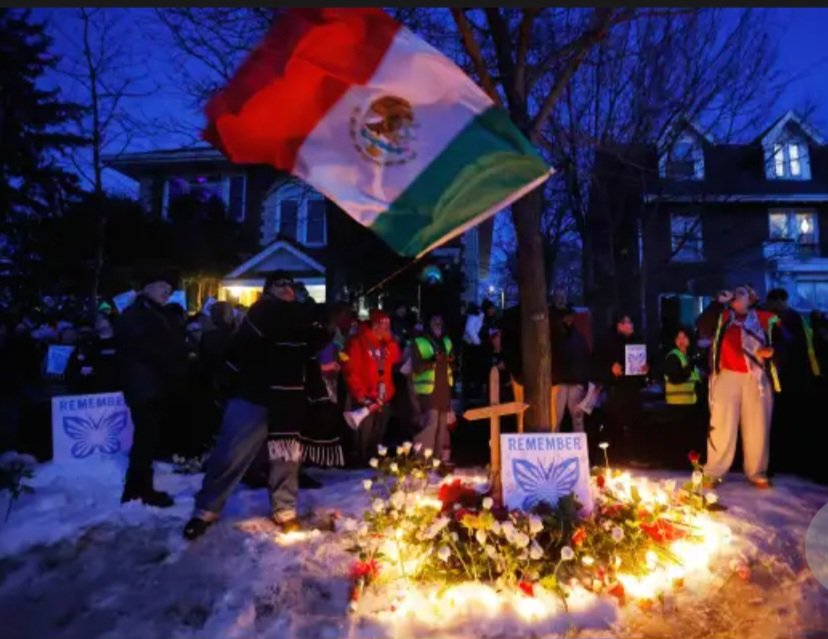
On Friday, the Supreme Court ruled 6-3 to narrow the application of the obstruction charge used against many Capitol riot defendants, including former President Donald Trump. This decision mandates that the charge, originally enacted in 2002 following the Enron scandal, requires proof that defendants attempted to tamper with or destroy documents.
This ruling impacts only some of the individuals involved in the January 6, 2021, Capitol attack. The decision comes as a potential boon for Trump and his allies, who have argued that the Justice Department has been overly harsh in prosecuting the Capitol rioters.
Chief Justice John Roberts, writing for the majority, emphasized that a broad interpretation of the obstruction statute could unjustly criminalize a wide range of routine activities, putting activists and lobbyists at risk of severe penalties. Conservative Justices Samuel Alito, Neil Gorsuch, Brett Kavanaugh, Clarence Thomas, and liberal Justice Ketanji Brown Jackson joined Roberts in the majority opinion. In dissent, Justice Amy Coney Barrett, along with Justices Elena Kagan and Sonia Sotomayor, argued against this interpretation.
The high court’s decision returns the case of Joseph Fischer, a former Pennsylvania police officer, to a lower court to determine if he can still be charged with obstruction. Fischer was indicted for his part in disrupting Congress’s certification of Joe Biden’s 2020 presidential victory over Trump. Fischer is one of approximately 350 individuals charged with obstruction related to the January 6 events, with many having pleaded guilty to lesser charges.
Despite the ruling, special counsel Jack Smith asserted that the charges against Trump would remain unaffected.
The Supreme Court’s ruling may affect around 170 Capitol riot defendants convicted of obstructing or conspiring to obstruct the January 6 joint session of Congress. This includes prominent figures from extremist groups like the Proud Boys and the Oath Keepers. The ruling has already led to the early release of some prisoners, such as Kevin Seefried, who was sentenced to three years for threatening a Black police officer with a Confederate flag pole. Seefried was released after serving just one year, pending the Supreme Court’s decision.
Most lower courts had upheld the obstruction charge, with U.S. District Judge Dabney Friedrich, a Trump appointee, supporting the broad application of the statute. Conversely, U.S. District Judge Carl Nichols, another Trump appointee, had dismissed the charge against Fischer and two others, arguing that the prosecution had overreached. The federal appeals court in Washington later reinstated the charge before the Supreme Court took up the case.
Over 1,400 individuals have faced federal charges related to the Capitol riot, with around 1,000 pleading guilty or being convicted. The U.S. Attorney’s Office in Washington stated that no one convicted of or charged with obstruction would be entirely cleared by this ruling, as each defendant faces additional felony or misdemeanor charges.
For the approximately 50 individuals for whom obstruction was the sole felony charge, the ruling could significantly impact their sentences. About two dozen of these individuals, who are still serving time, may see changes to their incarceration status.
Credit: AP News

